The following are active research hubs and labs operating with a circularity angle at UCL.
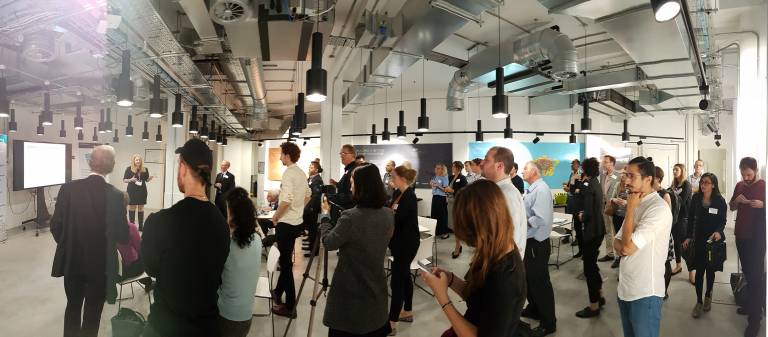 | The Circular City Hub brings together international academics, practitioners, and policy-makers working in fields relevant to the design, implementation, governance and management of circular cities. It provides the interface between academics and key urban stakeholders, enabling cutting-edge research to impact directly on the delivery of circular cities. The Hub works in association with the Ellen MacArthur Foundation. Hosting department: Bartlett School of Planning
|
 | The Circular Economy Lab is an exciting cross-faculty, cross-discipline initiative, aiming to use UCL's expertise to improve the design of buildings and products, their re-use and recycling, and the return of their constituent materials back to the economy. Hosting department: Institute for Sustainable Resources & Bartlett School of Environment, Energy & Resources
|
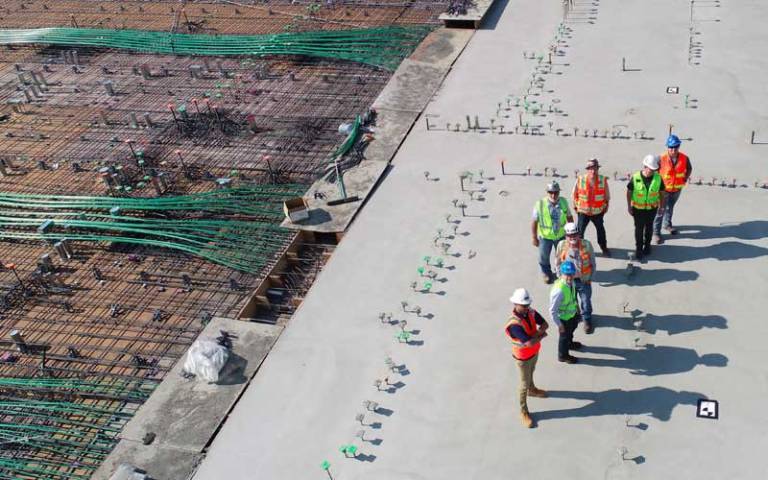 | The Interdisciplinary Circular Economy Centre for Mineral-based Construction Materials seeks to provide national and global leadership in research to support the transition to a sustainable Circular Economy in the built environment. Hosting department: UCL Department of Civil, Environmental & Geomatic Engineering
|
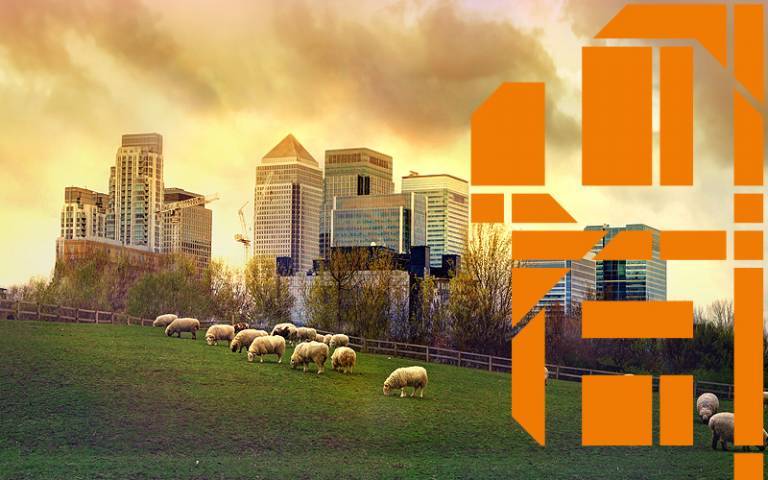 | Mission to bring about, through cross-disciplinary approaches, the new insights and true innovation required to deal with the complex, multi-faceted nature of the challenges facing our cities, particularly problems related to managing urban infrastructure and providing key services to promote wellbeing in a resource constrained and changing world Hosting department: UCL Department of Civil, Environmental and Geomatic Engineering |
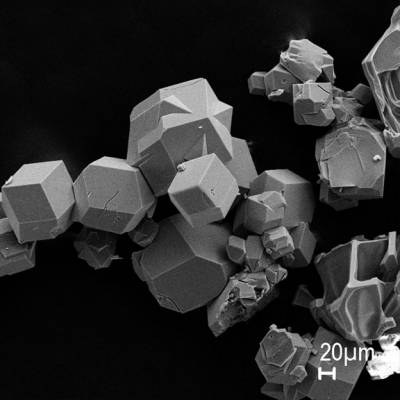 | A new research centre aimed at helping the UK become the first country to fully recycle and reuse its metals is to be led by Brunel University London, with partners University of Warwick and University College London. |
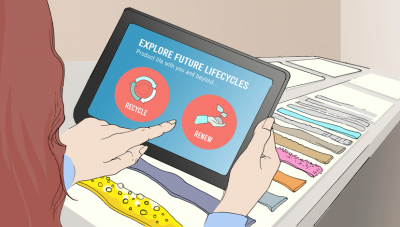 | Textiles Circularity Centre funded by UK Research & Innovation (2021–24). The Textiles Circularity Centre will turn post-consumer textiles, crop residues and household waste into renewable materials for use in textiles, developing new supply chains, textile production, design and consumer experience. Led by the RCA’s Professor Sharon Baurley, with Professor Phil Purnell (University of Leeds) as co-director, and working in collaboration with Cranfield University, University of Cambridge, University College London, University of Manchester and University of York, the TCC supports better social, economic and environmental outcomes – working also with a wide range of partners from industry, the NGO sector, and the public sector. |
 | A unique initiative that aims to assess sustainable solutions for island nations and island cities in a circular economy under different climatic conditions Hosting department: Bartlett School of Environment, Energy & Resources |
 | The Centre for Resource Efficiency and the Environment aims to “engineer a world without waste”. Hosting department: UCL Department of Civil, Environmental and Geomatic Engineering |
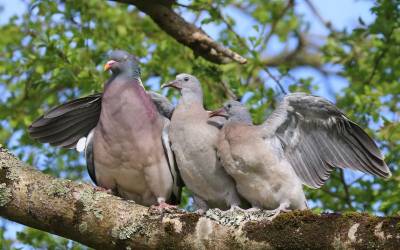 | The Centre for Biodiversity and Environment Research (CBER) is one of the world’s leading research and training centres in ecology and biodiversity science, supporting the next generation of scholars and leaders. Hosting department: UCL Division of Biosciences |
 | The aim of AIM is to promote industry-driven, interdisciplinary research in material science and engineering in order to provide leading-edge, sustainable solutions to the challenges facing engineers in today’s changing society and environment. Hosting department: UCL Department of Civil, Environmental and Geomatic Engineering |
 | Development of a GHG removal (GGR) evaluation framework to inform sustainable GGR scale up in the UK. Hosting department: Bartlett School of Environment, Energy & Resources |
 | The primary purpose of Sustainable & Healthy Food Systems (SHEFS) is to provide new, interdisciplinary research that policymakers can use to shape food systems that will deliver healthy, accessible, affordable and sustainable food for future populations. |
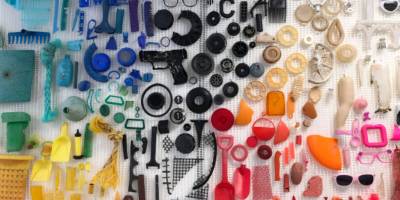 | The EPSRC Plastic Waste Innovation Hub comprises a multidisciplinary team of researchers, including scientists, engineers, designers, and social scientists, taking a design-led approach to the issue of plastic waste. Led by Professor Mark Miodownik and funded by UK Research and Innovation (UKRI) and the Engineering and Physical Sciences Research Council (EPSRC), the project takes a design approach to the issue of plastic waste by assembling a multidisciplinary team of experts from across UCL, who will create and test new interventions in eliminating plastic waste. The team will also collaborate with a Steering Committee of professionals from across the sector, including those from manufacturing, retailers, policy makers, local government, sustainability charities, and waste management. Hosting department: UCL Institute of Finance & Technology |
 Close
Close

